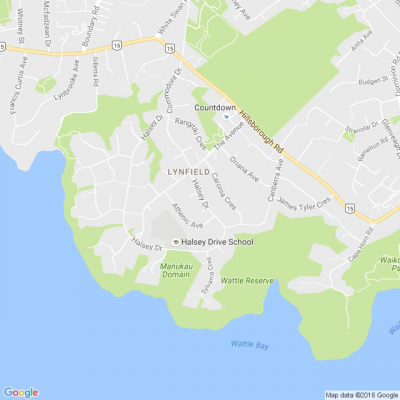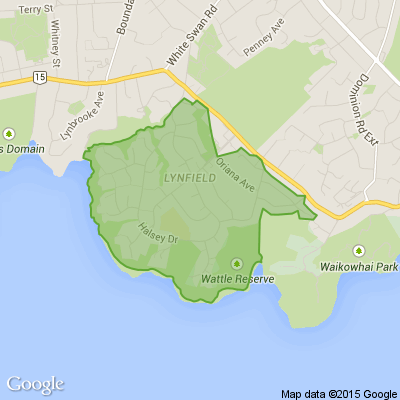Quarantine-free travel from New South Wales to New Zealand to pause
Ten new community cases of COVID-19 were announced on Tuesday in NSW, taking the Australian state's recent community cases linked to the cluster to 21. The pause came into force from 11:59pm on Tuesday and will be in place for 72 hours initially. This decision will be reviewed on Thursday. COVID-19 Response Minister Chris Hipkins says this decision follows a public health assessment earlier on Tuesday which found that while the overall risk to public health in New Zealand is currently low, there are still several unknowns. This includes a case that was infectious while in the Sydney community and a primary school age child with no clear link established yet. Anyone who has only been in Norfolk Island and not in NSW is still eligible for quarantine-free travel.
New Zealand health officials are also updating health advice for anyone already in Aotearoa who has recently visited Sydney's Westfield Bondi Junction mall. It follows a new case of COVID-19 reported in Sydney on Tuesday that is connected to the busy mall. Anyone who was at this mall, including the car park, any time between June 12 and June 18 should contact Healthline on 0800 358 5453, get tested, and stay home until they get a negative test result, or remain isolated if told. NSW public health officials are continuing to add new locations of interest, and anyone who has been in Sydney since June 11 should check the NSW Health website. Anyone at locations of interest at the specified times should call Healthline on 0800 358 5453, get tested, and self-isolate until they return a negative result. Anyone who was at a location of interest at the specified times cannot travel to New Zealand within 14 days of the exposure event.
======================================================

Poll: Should the government levy industries that contribute to financial hardship?
As reported in the Post, there’s a $30 million funding gap in financial mentoring. This has led to services closing and mentors stepping in unpaid just to keep helping people in need 🪙💰🪙
One proposed solution? Small levies on industries that profit from financial hardship — like banks, casinos, and similar companies.
So we want to hear what you think:
Should the government ask these industries to contribute?

-
60.8% Yes, supporting people is important!
-
23.8% No, individuals should take responsibility
-
15.4% ... It is complicated
Night-time chipsealing works on SH2
From 9 to 17 February, stop/go traffic management will be in place on SH2 between McPherson Road and Dimmock Road on multiple nights between 9pm and 5am (Sundays to Thursdays).
During the day, all lanes will be open, but speed restrictions will apply to allow the chipseal to set and to protect vehicles travelling over the newly laid surface.
There may be delays to your journey when travelling through the area. This is weather dependent so check NZTA Journey Planner before you travel.

A Neighbourly Riddle! Don’t Overthink It… Or Do?😜
Do you think you know the answer? Simply 'Like' this post if you know the answer and the big reveal will be posted in the comments at 2pm on the day!
If you multiply this number by any other number, the answer will always be the same. What number is this?








 Loading…
Loading…